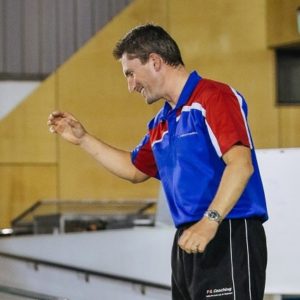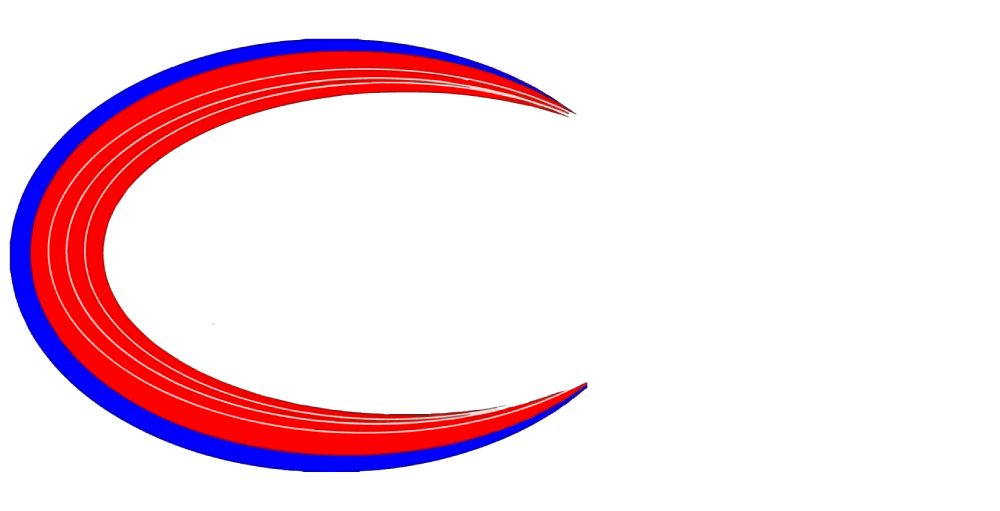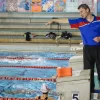 Triathletes are a dedicated group of people. Triathlon injuries are a real issue to manage for triathletes and IRONMAN athletes.
Triathletes are a dedicated group of people. Triathlon injuries are a real issue to manage for triathletes and IRONMAN athletes.
They commit a lot of time and effort to their training. An age-group athlete looking to compete in the sport will spend 10 to 15 hours training each week. They do this whilst working (often challenging hours), as well as having a family and a generally busy lifestyle. Mean while professional triathletes will spend 20-30 hours training each week. So when triathlon injuries crop up, they can be tough to handle.
Triathletes, especially age-group athletes, have to make time in their day to fit in their training. This will mean missing TV shows, planning meals, arranging time to fit the training in around work, with the agreement of your family. It also means maximising the time you have available to train.
This does not mean smashing every session. Pushing yourself to your limits every session. It does mean being focused and present at every session. When you are training... don't be thinking, "What do I need to buy at the shops" or "I must book the car in for a service." Be thinking, this is what is prescribed... don't go too hard, or "come on push this bit" or "easy means easy!"
Failure to stick to what has been prescribed via regular consultation with your coach and you stand an excellent chance of increasing fatigue, becoming ill and losing track of your training. And then there is the issue of injuries.
Your coach is there for several reasons. They will hold you accountable but they will also be the voice of reason.
Is missing one workout today due to feeling under the weather going to kill my season? Of course not, but if you don't miss that session today, you may be missing two weeks a but further down the line. And THAT WILL HAVE an effect on your plans!
My general advice to athletes is listen to your body. It is after all YOUR body! However, there are some things we can do to help reduce longer term issues.
Swimming, Cycling and Running can cause injuries.
Some aches and pains are worse than others. Many will ease, with some sensible management. Stretching, massage, RICE can all help reduce symptoms.
However, if the ache or pain doesn't go away or is more acute, you MUST stop doing the activity that is causing the pain. Getting the pain identified, and working out what is causing it is vital at this stage. Seeking the help from a professional is the best option. Listening to their advice and following it is also part of the rehabilitation process.
Doing this now. Missing a small number of specific sessions now will reduce the effect of the injury longer term. That said, some training can usually be done. And often it is better to do something, than nothing at all. For example; sore shoulder... can still possibly do a kick set in the water, ride on the turbo, possibly run... its necessarily benched.
The same treatment actually applies to fatigue and illness.
Obviously we need some fatigue, that is part of the adaptation process. But if you go beyond that you run the risk of:
- getting ill
- higher risk of injuries
- becoming more emotional
- even depression
Yes we have to push ourselves to complete some sessions, especially at the end of a training block. However, if the motivation is continually not there its a sign you need a rest. Having a rest is part of your training... actually its vital to your training.
Recovery, the glue which holds your training together
I have already written it in here, but listen to your body!
If you are starting to feel under the weather, be careful. Don't be frightened to a). tell your coach and b). back off a bit.
The general rule of thumb is, you can continue to train if all the symptoms are above the neck. However, use your head. If you are feeling crap... probably best to have a rest day, or an easy (and I mean easy!) spin on the turbo.
I repeat, "Doing this now. Missing a small number of specific sessions now will reduce the effect longer term."
Triathlon, especially for age-group athletes, is a hobby. Therefore it is important to maintain a healthy work, life, training balance. Remember the F4L Triathlon Coaching philosophy: Consistent, sustainable and balanced training.
If you are consistently getting sick, injured or tired... you need to adjust something... I'll let you figure out what it might be!

Professional Coach Paul Jones is a British Triathlon Federation Level 3 Coach and a Triathlon Australia Performance Coach.
He is also an IRONMAN Certified Coach and a Level 2 Training Peaks Coach.
F4L Triathlon Coaching offers triathletes and other endurance athletes a full coaching and training service that caters to all levels of triathletes. F4L offers professional triathlon and endurance training support and the reliability triathletes require. Each athlete is an individual, every athlete has different needs. Coach Paul and F4L provide you with 15 years experience and professional coaching.

